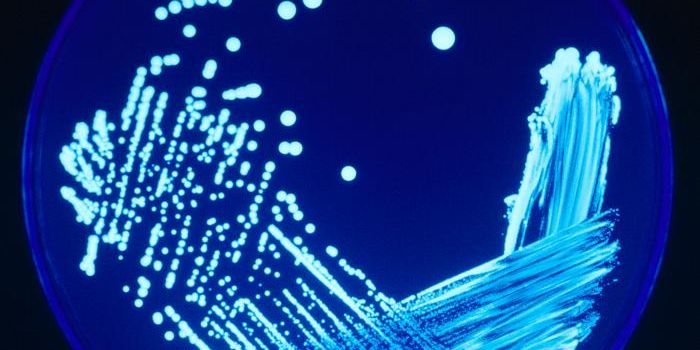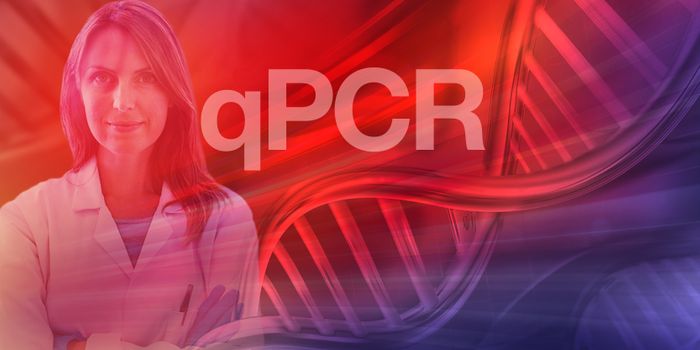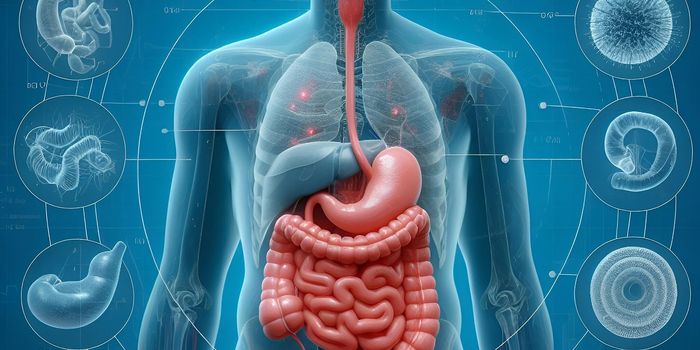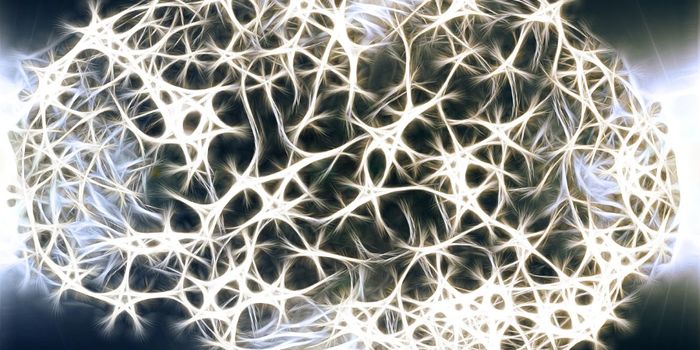Fasting Alters Gut Microbiota, Lowering Blood Pressure
Increasingly, microbes in the gut are being linked to human health and disease. New research has suggested that disruptions in the gut microbiome, dysbiosis, may cause problems with blood pressure. Scientists have shown that when gut microbes from an animal with hypertension and dysbiosis are transferred to an animal with normal blood pressure, the recipient of the dysbiotic microbes develops high blood pressure. Researchers wanted to know more about this phenomenon.
"Previous studies from our lab have shown that the composition of the gut microbiota in animal models of hypertension, such as the SHRSP (spontaneously hypertensive stroke-prone rat) model, is different from that in animals with normal blood pressure," said Dr. David J. Durgan, assistant professor of anesthesiology at Baylor College of Medicine. "This groundwork led to the current study in which we proposed to answer two questions. First, can we manipulate the dysbiotic microbiota to either prevent or relieve hypertension? Second, how are the gut microbes influencing the animal's blood pressure?"
Previous work by other groups has shown that fasting can have a major impact on the composition of the gut microbe, and promote good cardiovascular health. But that work did not directly connect gut microbes and blood pressure.
In this work, which was reported in Circulation Research, the researchers used the SHRSP hypertension model and normal rats. One set was fed every other day while another set was given as much food as they wanted. Nine weeks later, the researchers found that there was higher blood pressure in the hypertension model compared to normal rats. But, the hypertensive group that had fasted every other day had significantly reduced blood pressure levels compared to the hypertensive group that ate what they wanted.
"Next, we investigated whether the microbiota was involved in the reduction of blood pressure we observed in the SHRSP rats that had fasted," Durgan said.
Microbes from both the fasted and normal-diet hypertensive rats were transplanted into rats that have no gut microbes (known as germ-free rats). Germ-free rats that received microbes from hypertensive rats with normal diets had higher blood pressure than rats that received microbes from hypertensive fasted rats.
"It was particularly interesting to see that the germ-free rats that received microbiota from the fasting SHRSP rats had significantly lower blood pressure than the rats that had received microbiota from SHRSP control rats," Durgan said. "These results demonstrated that the alterations to the microbiota induced by fasting were sufficient to mediate the blood pressure-lowering effect of intermitting fasting."
Next, the researchers used genomics tools to assess the compositions of the microbiomes and bile acids from the rat models. Hypertensive animals with a normal diet had lower bile acids than normotensive animals, while hypertensive fasted animals had more bile acids.
This work suggests that intermittent fasting changes the composition of the gut microbiome, which alters bile acids and reduces hypertension.
"This study is important to understand that fasting can have its effects on the host through microbiota manipulation," Durgan said. "This is an attractive idea because it can potentially have clinical applications. Many of the bacteria in the gut microbiota are involved in the production of compounds that have been shown to have beneficial effects as they make it into the circulation and contribute to the regulation of the host's physiology. Fasting schedules could one day help regulate the activity of gut microbial populations to naturally provide health benefits."
Sources: AAAS/Eurekalert! via Baylor College of Medicine, Circulation Research









